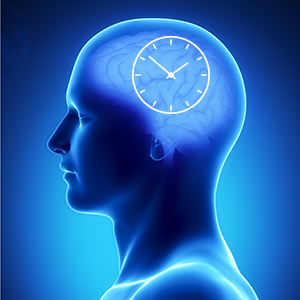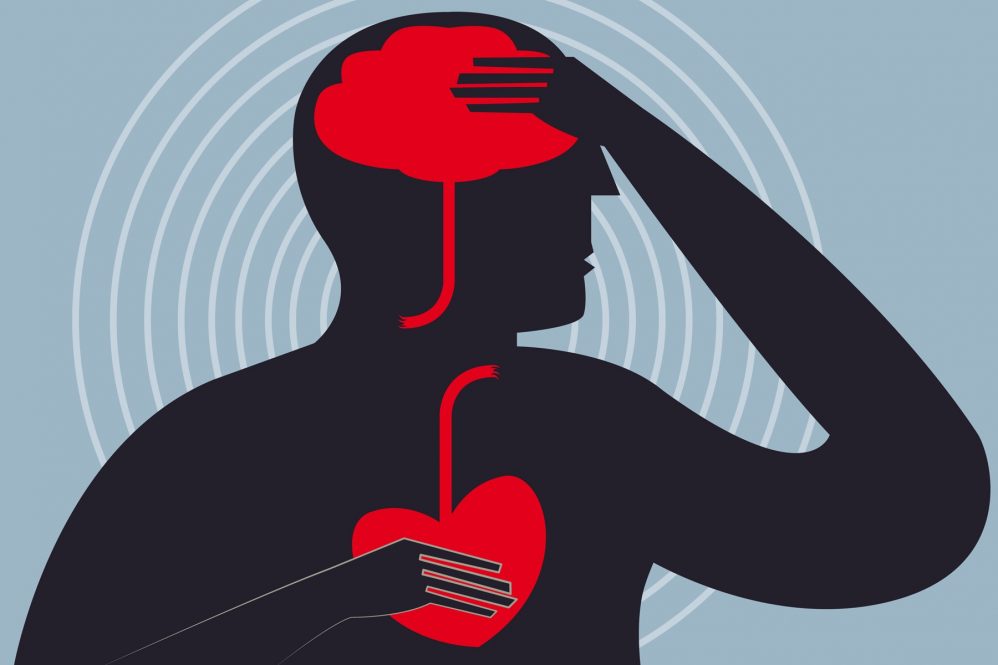
February is Heart Month. But did you know that maintaining your overall cardiovascular health prevents both heart attack and stroke? UConn Today sat down with Neurologist Dr. Gracia Mui, co-director of the Stroke Program at UConn Health, to learn just what we can do daily to lower both our overall heart disease and stroke risk factors.
Q: When it comes to my overall cardiovascular health, what’s actually physically involved?
The health of the heart and blood vessels are both important! Think of it as the pump and the pipes that bring nutrients to the whole body, especially the brain. Keeping both the heart and the blood vessels healthy will stave off many problems going to the rest of the body, including strokes in the brain.
Q: I am always worried about heart disease and its risk factors, but should I be worrying about stroke too?
Many of the same risk factors for heart disease are the same for stroke. This includes high blood pressure, smoking, diabetes, and high cholesterol. All these risk factors affect the blood vessels and these blood vessels feed into the heart as well as the brain.
Q: How can I start today to better prevent cardiovascular diseases, especially heart attack and stroke?
The first thing is to quit smoking if you still smoke. The burning and inhaling of any smoke can cause damage to the blood vessels. Go to your primary care doctor to make sure your blood pressure and blood sugar levels are under control. Maintain a healthy diet with plenty of vegetables and having regular exercise is also important. If you snore, you may want to check if you have sleep apnea, because that is sometimes a hidden risk factor for strokes and heart disease.
Q: I know heart attack can be very serious and deadly, but how common and serious is a stroke if it ever strikes me?
Everyone knows about heart attacks because they are usually painful. TV and movies classically show what it looks like with someone clutching their chest in pain. Strokes can be subtle sometimes and not every stroke looks the same. Some strokes cause minor issues, but some strokes can be devastating and completely change your life. Some strokes can also be fatal. Each year 800,000 Americans experience a stroke and it is the number one cause of long-term disability.
Q: I know the warning signs of sudden chest pain and shortness of breath for heart attack, but what are the warning signs for stroke?
When it comes to stoke the thing to remember is BE-FAST.
B – Balance
E – Eyes
F– Face
A – Arms (or legs)
S – Speech
T – Time is of the essence.
If there are any sudden changes to any of the above, call 911 – it could be a stroke.
 Q: Why do I have to call 911 right away if I think I may be having a stroke, but not really sure?
Q: Why do I have to call 911 right away if I think I may be having a stroke, but not really sure?
Strokes may start off minor, but can get worse quickly, even becoming fatal. Every minute in a stroke, 2 million brain cells can die, so every minute saved is brain cells saved. Calling 911 immediately ensures the chain of survival is started quickly and time (and brain) is saved.
The ambulance crew can get your vital signs and give you stabilizing medications immediately. They call ahead to the hospital so the stroke team is waiting for you as you arrive. Because strokes are medical emergencies, you go to the front of the line and get quick and timely treatments – all to save as many brain cells as possible. The ambulance crews also know which hospitals are certified stroke programs, like UConn Health, and they make sure you get to the right place as quickly as possible.



